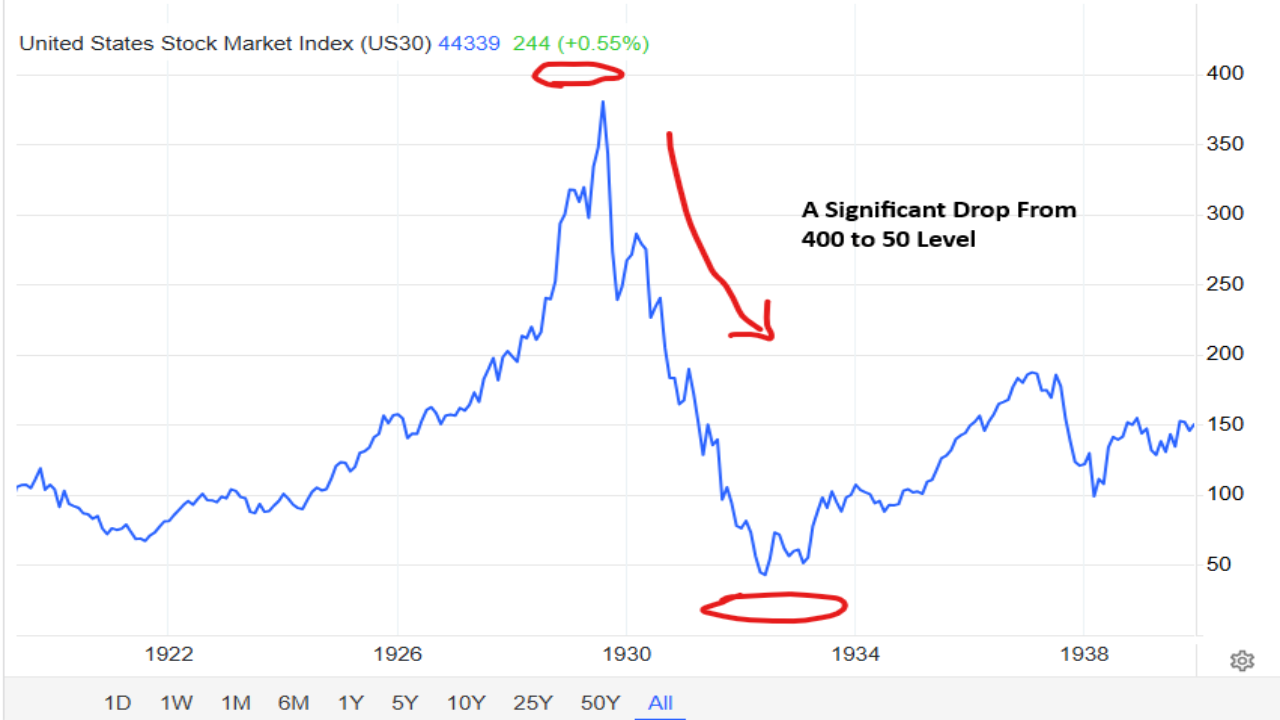
PAGE NOT FOUND
Oops! It seems the page you are looking for does not exist...
Back to HomepageBlog
Get What You Are Looking For Here

Financial Analysis
Best Oil ETFs to Invest in 2025 Amid Market Volatility
Jason Huang17 hours ago

Investment Strategies
The True Cost of Financial Advice: Traditional Advisors vs. AI Solutions
Jason Huang4 days ago

Educational Resources
How AI Trading Strategies Work, And Why They’re Changing the Game
Timothy5 days ago

Educational Resources
How to Prepare for Stock Market Crash- A Complete Guide
Jason Huang7 days ago
